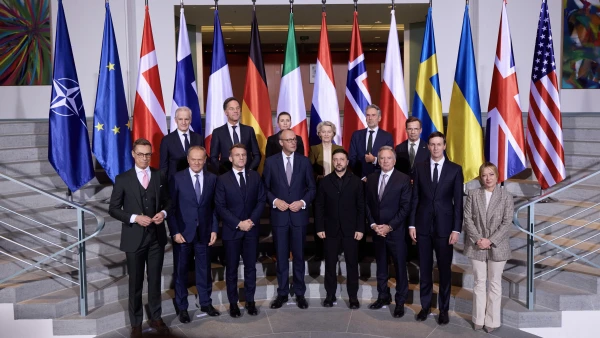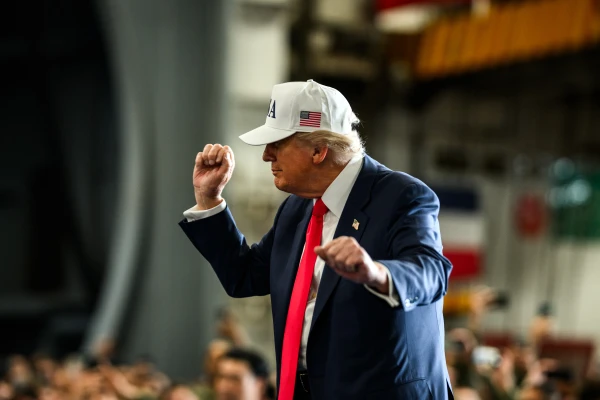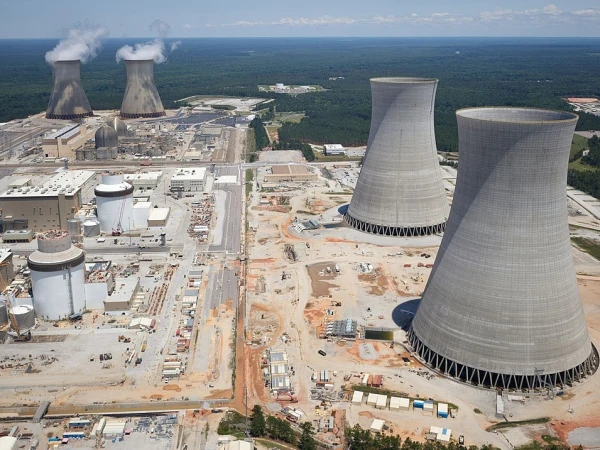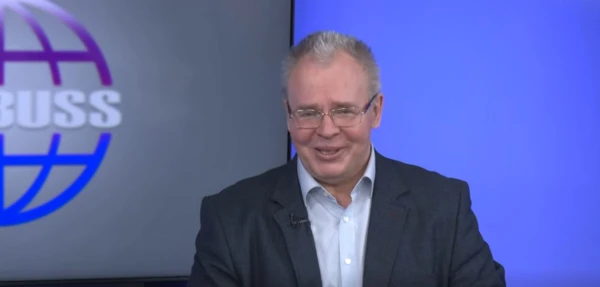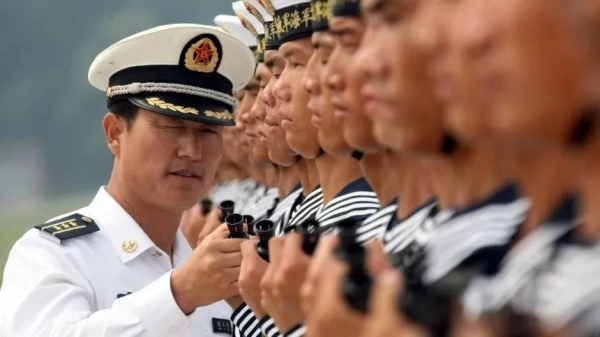
"China's position is consistent," said a statement from the Ministry of Commerce of the People's Republic of China. "We do not want a tariff war, but we are not afraid of it."
China has made it clear that it will not back down in the face of Donald Trump's threat to impose additional 100% tariffs on its goods, urging the U.S. to resolve disputes through negotiations rather than threats.
"China's position is consistent," said a statement from the Ministry of Commerce of the People's Republic of China. "We do not want a tariff war, but we are not afraid of it."
The response came two days after Trump threatened to increase tariffs on imports from China by November 1 in retaliation for new Chinese restrictions on the export of rare earth metals—a key ingredient for many consumer and military goods.
"Frequently resorting to the threat of high tariffs is not the best way to establish relations with China," the Chinese Ministry of Commerce stated, presented as a series of responses from an unnamed representative to questions from unnamed media.
"If the American side insists on its practices, China will inevitably take corresponding measures to protect its legitimate rights and interests," the statement noted.
The new exchange of sharp remarks threatens to derail a possible meeting between Trump and Chinese leader Xi Jinping and put an end to the truce in the tariff war, during which new tariffs from both sides exceeded 100% for a time in April.
This year, Trump has imposed new tariffs on imports from many U.S. trading partners, trying to secure concessions in exchange for their reduction. China has become one of the few countries that has not backed down, relying on its economic influence.
Currently, both sides are accusing each other of violating the spirit of the truce by introducing new trade restrictions.
Trump stated that China is "becoming very hostile" and that it is holding the world hostage by limiting access to rare earth metals and magnets.
According to China's new rules, foreign companies must obtain special permission to export goods containing even small traces of rare earth elements. These essential minerals are necessary for the production of a wide range of products—from jet engines, radar systems, and electric vehicles to consumer electronics, including laptops and phones.
China accounts for nearly 70% of the world's rare earth element production and controls about 90% of their global processing. Access to these materials is a key point of contention in trade negotiations between Washington and Beijing.
The Chinese Ministry of Commerce stated that in recent weeks, the U.S. has imposed a number of new restrictions, including expanding the number of Chinese companies subject to U.S. export control.
It also mentioned that the U.S. is ignoring China's concerns by continuing to impose new port fees on Chinese vessels that will take effect on Tuesday. On Friday, China announced that it would impose port fees on American vessels in response.



